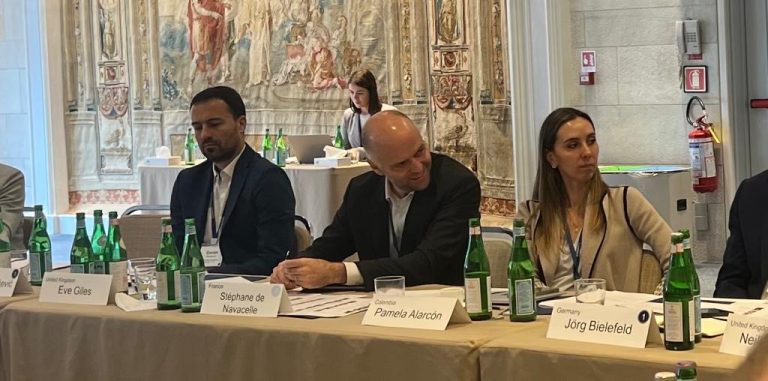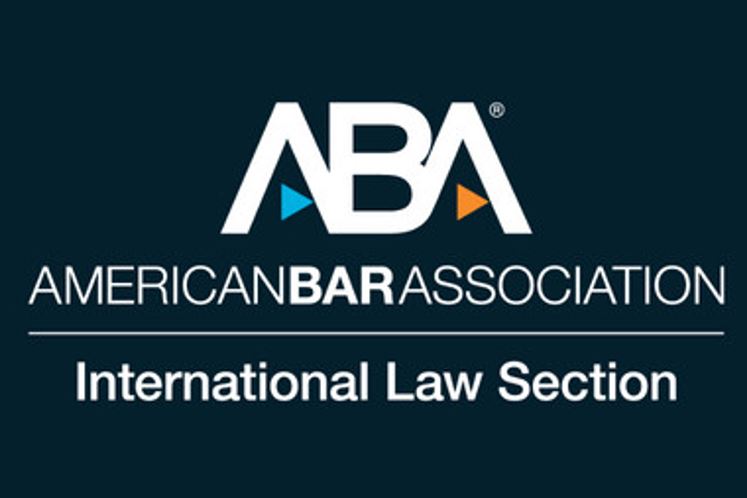I. Can allegations of corruption serve as a bar to jurisdiction of arbitral tribunals or admissibility of claims?
Guinean arbitration law is governed by the Organization for the Harmonization of Business Law in Africa’s (OHADA) Uniform Act on Arbitration Law (the “Uniform Act”). Article 11 of the Uniform Act provides that arbitrators rule on their own jurisdiction. Accordingly, the arbitral tribunal has the sole power to rule on its own jurisdiction. There is no exception to this rule based on allegations of corruption. Allegations of corruption are, therefore, no obstacle to the ability for the arbitral tribunal to be seized.
In addition, the Uniform Act provides for the principle of the independence of the arbitration agreement from the main contract. Thus, even if the validity of the contract is questioned on the basis of allegations of corruption, the dispute will remain subject to arbitration. Indeed, the validity of the arbitration agreement is only assessed based on the common intent of the parties, without reference to State law.
In the case of allegations of corruption relating to the arbitration agreement itself, the arbitral tribunal has the power to assess the validity of the arbitration agreement in light of the elements submitted to it. This may constitute a valid argument for lack of jurisdiction or inadmissibility of the claims on the merits for annulment of the award, since the nullity of the arbitration agreement is a cause of annulment of the arbitral award.
II. Can allegations of corruption affect the validity of an arbitral award?
Under OHADA law, under Article 31 of the Uniform Act, recognition of an arbitral award will be admissible only if the award is not in manifest violation of Guinean rules of international public policy. In addition, in set-aside proceedings, the reviewing court can verify the compliance of the award with international public policy.
The other grounds for annulment are, restrictively, the existence of a valid arbitration agreement, the regularity of the composition of the arbitral tribunal, compliance with its mission by the arbitral tribunal, respect for the adversarial principle and the absence of motivation of the arbitral award.
Thus, an arbitral award against which there is an allegation of corruption is liable to annulment, as corruption violates international public policy. In addition, as explained above, corruption can also affect the validity of the arbitration agreement.
III. In annulment or enforcement proceedings, can the court review the award and the merits to determine whether corruption or related offences affect the underlying dispute?
Under OHADA law, in annulment or enforcement proceedings, the court cannot rule again on the merits of the dispute. It only assesses the validity of the award on the basis of limited grounds, which are:
- if the arbitral tribunal ruled without an arbitration agreement, or on the basis of a void or expired agreement;
- if the arbitral tribunal was improperly constituted or the sole arbitrator was irregularly appointed;
- if the arbitral tribunal failed to comply with its assigned mission;
- if the principle of adversary proceedings has not been respected;
- if the arbitral award is contrary to international public policy;
- if the arbitral award does not state the reasons on which it is based.
In the case of recognition of an arbitral award, the prima facie review is limited to manifest compliance with Guinean international public policy.
However, to determine whether the arbitral award is compatible with international public policy, the reviewing court may examine the merits of the award to assess whether corruption or related offences affect the underlying dispute.
IV. Can courts review corruption allegations which have not been raised in the arbitration?
Courts before which is brought an annulment or enforcement proceeding of an arbitral award on the grounds of violation of Guinean international public policy can examine all related elements independently of the elements referred to in the arbitral award. Thus, the fact that allegations of corruption were not raised during the arbitration is irrelevant.
V. Do courts defer to the arbitral tribunal’s finding that no corruption acts were committed?
In Guinea, courts are not bound by the arbitral tribunal’s findings in matters of public policy issues. The competent courts are not required to only examine the arbitral award’s conclusions. They may review all the elements submitted for their consideration.
VI. Is there a standard of proof used by arbitrators and reviewing courts to assess the existence of corruption?
In Guinea, the freedom of evidence applies to arbitration proceedings and annulment, recognition or enforcement proceedings of arbitral awards, without any specific standard. There is no case law imposing specific criteria for assessing evidence in terms of respect for international public policy.
VII. Which method do arbitrators and reviewing courts employ to establish evidence of corruption?
Corruption being by nature diffuse and hidden, it is very rare to be able to gather material evidence of corruption. One notable exception is the BSGR v. Republic of Guinea case (ICSID Case No. ARB/14/22) in which corruption contracts were filed on record.
Consequently, arbitral and judicial tribunals rely on a set of corroborating evidence. In this respect, the following elements or their combination may constitute a set of corroborating evidence to establish corruption: payment for services that were not rendered or whose value is largely disproportionate to the amounts paid, the use of intermediaries with unclear services and questionable skills to justify large disbursements, etc.
VIII. Are arbitrators seated in your jurisdiction bound by criminal proceedings on issues that could impact the underlying arbitration dispute?
In Guinea, criminal matters cannot be arbitrated. However, civil compensation issues arising from offences may be decided by arbitrators.
Under the autonomy of arbitration proceedings principle, arbitrators are not required to suspend proceedings pending before them if a criminal investigation is ongoing.
IX. To what extent do they rely on or defer to findings from parallel criminal investigations?
As stated above, arbitrators are not required to suspend proceedings when they rule on the civil compensation issues related to criminal offences. However, for arbitral tribunals to suspend proceedings until the criminal investigation has been completed may contribute to the proper administration of justice.
X. Are remedies available when an arbitral tribunal rules that there is no evidence of corruption but subsequently a criminal ruling decides otherwise?
Guinean law provides that the parties may bring an action either before the arbitral tribunal itself, or before the reviewing courts having jurisdiction. At the judicial court level, this will involve proceedings for annulment or challenge to the enforcement of the arbitral award. At the arbitral tribunal level, the more diligent party may request a review due to the discovery of a fact of such a nature as to exert a decisive influence and which, prior to the making of the award, was unknown to the tribunal and the party requesting the review.



